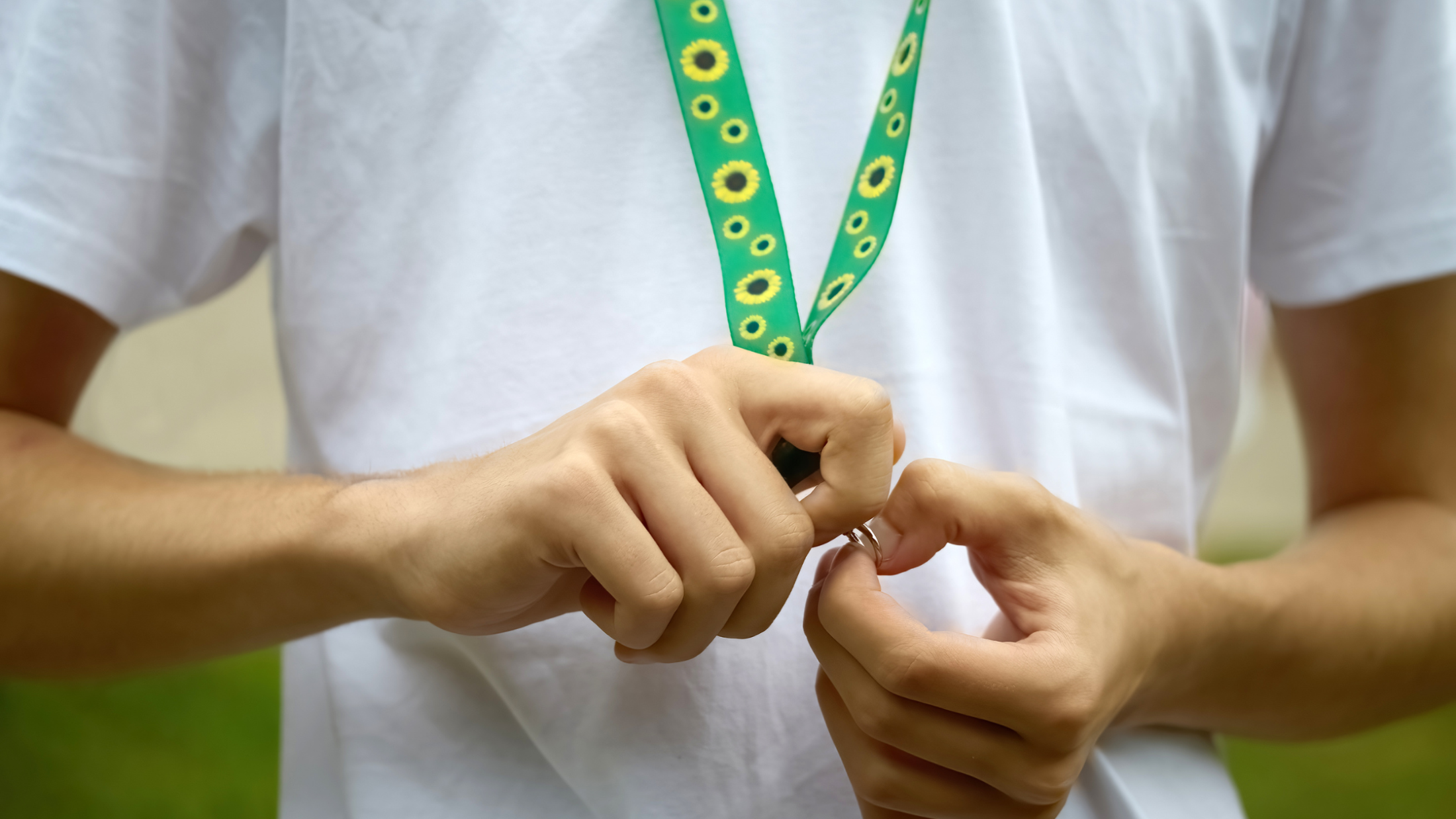9 Ways to Make Your Holiday Event Inclusive and Accessible
With December festivities fast approaching, event season is well and truly in full swing. For folks with disabilities, however, this time of year can be extra tricky. On top of the hum and hurry of the end of the year, finding holiday fun that is accessible and accommodating can add an extra layer of stress.
If you’re planning an event, it’s important to consider what more you can do to make sure that no one misses out on the merriment. At LifeFul, we're passionate advocates for accessibility, so we’ve put together a handy how-to guide with 9 ways to help make your event an (accessible) success!
1. Path Accessibility
In Australia, the National Construction Code (NCC) sets building standards for accessibility. This includes specific provisions for access paths, ramps, toilets, and signage, amongst other things.
Public venues such as shopping centres, cinemas, libraries, hotels, and restaurants are required to follow the NCC to ensure accessibility, but even with these standards in place, other factors can prevent these spaces from being as accessible as they should be.
Ramps, paths, and doorways can often become blocked with plants, decor, or other obstructions which can prevent wheelchair or other mobility aid users from easily accessing venues. Twinkling lights and festive decorations are also a staple part of silly season celebrations, but these can mean more than a few cables snaking their way to power outlets to keep things merry and bright!
Fear not, you don’t need to cut back on decor! Simply being mindful can go a long way in making your event a fun time for everyone:
- Make sure all access points are kept clear and free from obstructions
- Keep cords away from walkways
- Consider that some protective tools such as cable covers can still pose issues for your guests, especially those who use wheelchairs or mobility aids
2. Accessible Bathrooms
All public venues should have accessible bathrooms, but if your event is going to be held outdoors or at a private residence, you need to consider how best to accommodate your guests. After all, not having access to the appropriate amenities is a Grinch-worthy way to steal holiday joy. Whether it means hiring an accessible portaloo, or moving the event to a different venue entirely, there are plenty of alternatives to ensure your event’s an inclusive one!
3. Flashing Lights
Whilst Christmas lights can create a beautiful and cosy holiday ambience, flashing lights can present issues for some of the populous. For people who live with photosensitive epilepsy, migraine disorders, and vertigo, flashing lights can trigger or exacerbate their conditions, and for some neurodiverse folk, flashing lights can be very overstimulating, leading to discomfort or sensory overload. Having appropriate signage and warnings about flashing lights is highly recommended, if you decide to have them at all.

4. Noise Levels
In a similar way, noisy events and venues can be tricky to navigate. Individuals with Sensory Processing Disorder (common amongst those with autism and/or ADHD) can become overwhelmed in loud environments, and people who use hearing aids or cochlear implants which amplify sounds can also find noisy environments overwhelming and disorienting. While noise levels can be hard to control, having designated quiet areas can help to create a more sensory-friendly environment.
5. Companion Cards
In Australia, the Companion Card program helps to promote equal access for people with significant, permanent disabilities who need lifelong attendant care support. The card allows them to take a carer or companion to various events, venues, and activities without the companion needing to pay for an extra ticket.
Many Australian venues, events, and businesses are affiliated with the Companion Card program, from theatres and sports venues to museums, public transportation, and tourist attractions. These organisations agree to honour the card, providing a second ticket at no cost for the cardholder’s companion.
For event organisers, it is important to know your company or venue’s policy on Companion Cards, and to clearly communicate this in your event information.
6. Disability Parking and Public Transport Accessibility
Your event space is accessible, yay! But have you considered how your guests are getting to and from the venue? Making sure that there are enough disability parking spaces close by, and having access to public transport where possible will ensure that everyone can get safely to and from your event.

7. Stages
If your event involves a speaker, performance, or presentation, consider hiring a trained Auslan interpreter to be on stage so that guests with a hearing impairment don’t have to miss out on the information/entertainment. Raised platforms with ramps and proper barriers or railings are also helpful for people who might have difficulty seeing in a crowd, like wheelchair users.
8. Dietary Requirements
One of the best things about the holiday season is indulging in all the delicious food and festive treats. Having a range of options to cater for different dietary requirements will mean that all your guests can enjoy a tasty meal without having to go elsewhere.
9. Hidden Disabilities
While it can be easy to identify some physical disabilities, not all disabilities are obvious. The Hidden Disabilities Sunflower icon has become a globally-recognised symbol for accessibility.
Some people choose to wear the sunflower icon, often on lanyards or pins, to let others know they might need extra help, understanding or time. It is important for event staff to be educated about both visible and hidden disabilities, and to not make assumptions about what people can and cannot do.

Remember, when it comes to the season of giving, we want everyone to feel included and valued, and the more people who can enjoy your event, the merrier!
Did we miss anything? Send your feedback and suggestions to us on our Facebook or Instagram. We'd love to hear from you!


